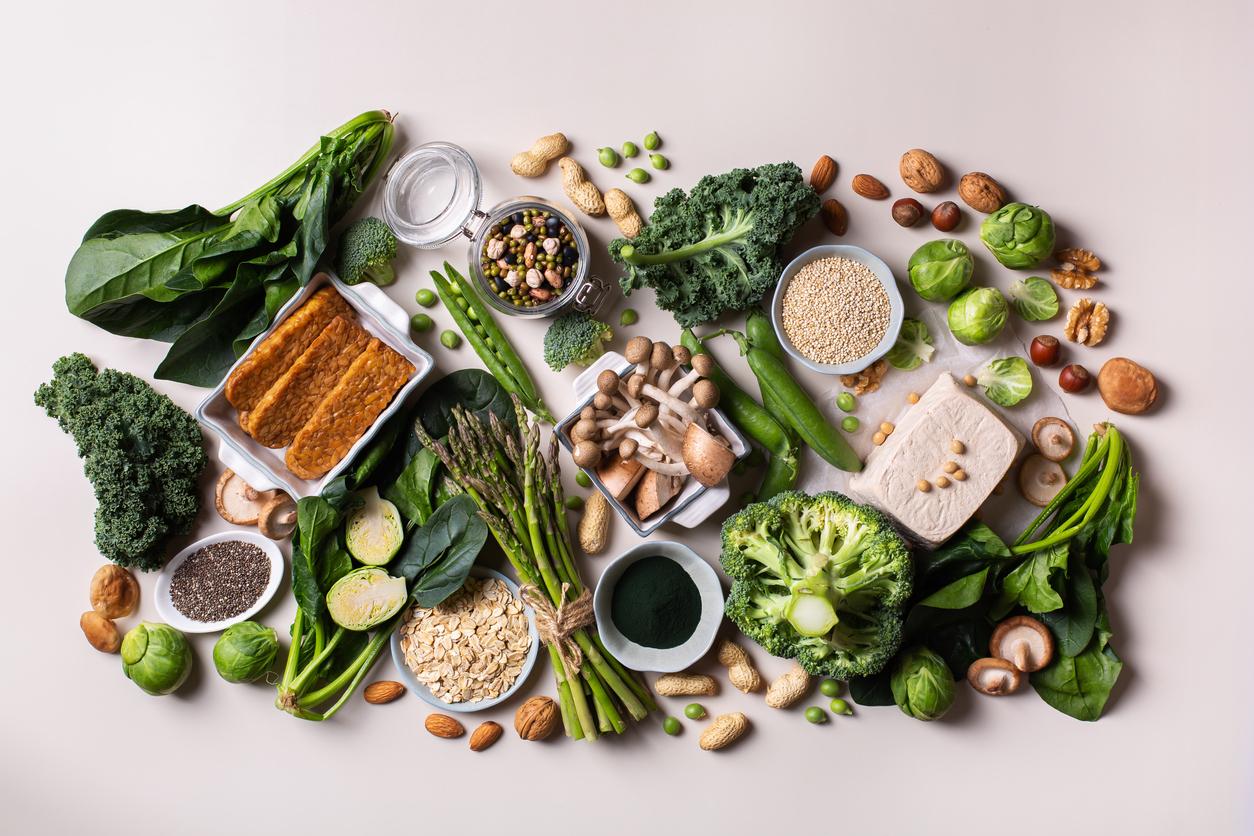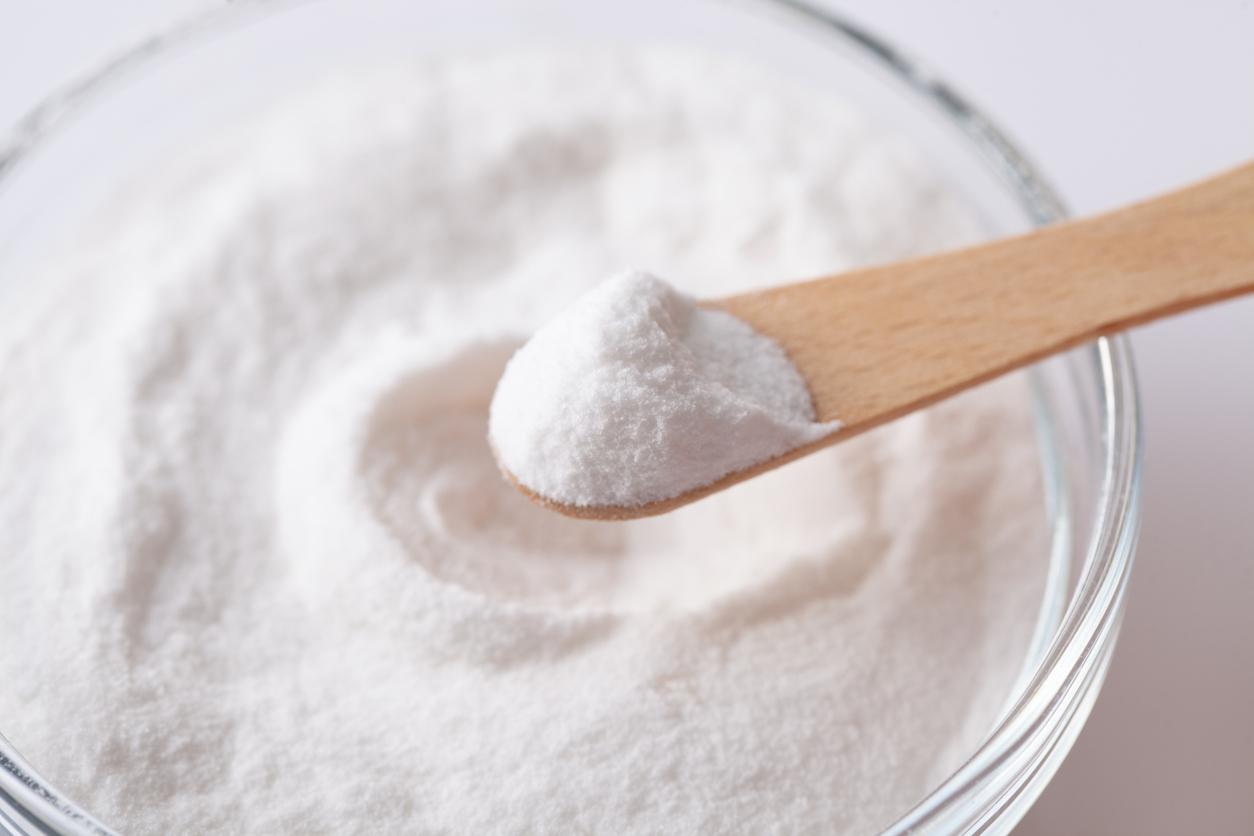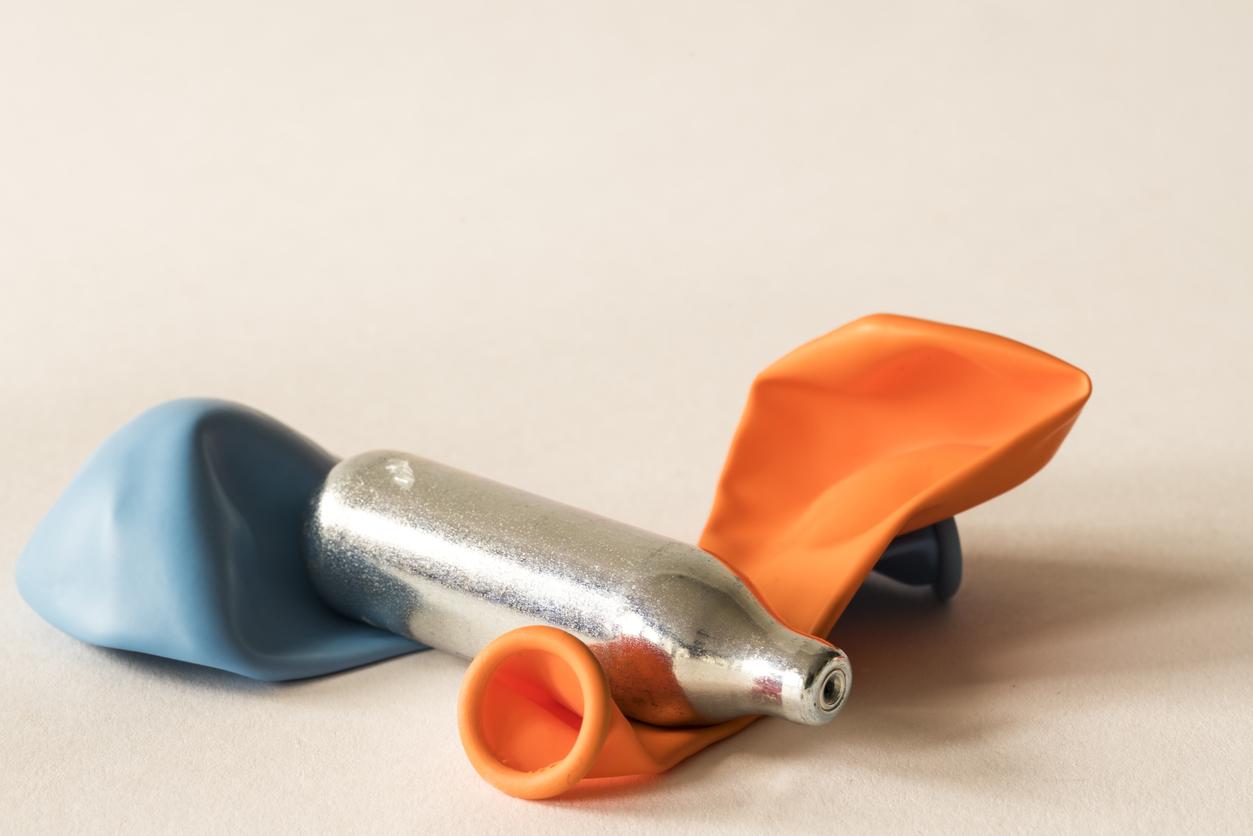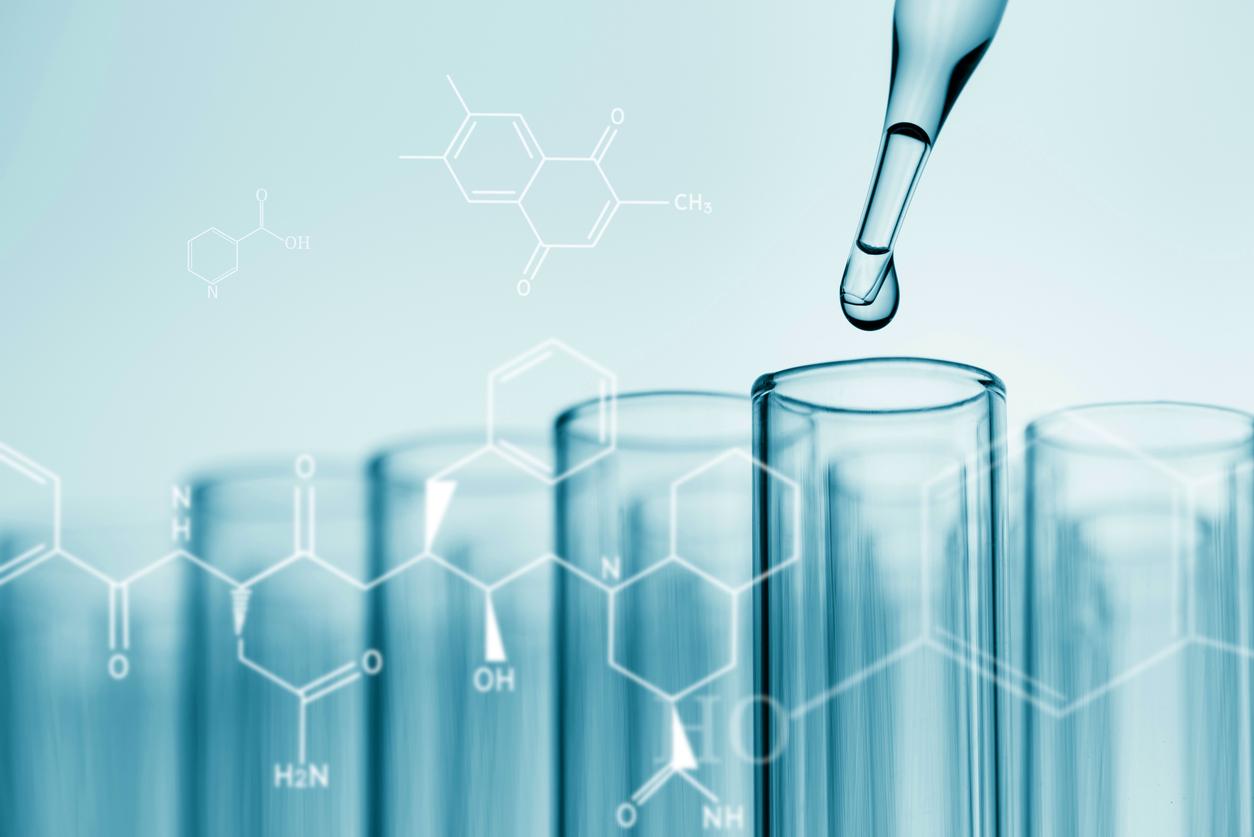Adopting a diet rich in proteins, vitamins and minerals allows you to maintain a good supply of collagen which, decreasing with aging, entails health risks.

- Collagen is the most abundant protein in the body.
- It is found in muscles, bones, tendons, ligaments, organs, blood vessels, skin, intestinal mucosa and other tissues.
Collagen is essential for a healthy and vibrant body. But with age, the body produces less and less, which leads to several inconveniences: wrinkles and wrinkled skin, stiffer and less flexible tendons and ligaments, muscles that shrink and weaken.
We can also observe joint pain or osteoarthritis due to wear of the cartilage or even gastrointestinal problems due to the thinning of the wall of the digestive tract.
“Aside from aging, the main reason people don’t have enough collagen is a poor diet.“, says Dr. Elizabeth Bradley, medical director of the Center for Functional Medicine at the Cleveland Clinic.
Organic bone broth is an excellent collagen provider
Indeed, certain foods provide the elements necessary for the body to manufacture collagen. This is particularly the case with bone broth, which extracts collagen from the bones of beef, chicken or fish, and produces a liquid to drink as is or to use in other dishes.
It is possible to buy it in grocery stores or to prepare it at home by letting the bones simmer in water for a day or two: “I recommend buying organic bone broth only, or cooking broth from organically raised animal bones only“, says Dr. Bradley.”You don’t want residues of pesticides, antibiotics, and other contaminants in your broth.“
Proteins, vitamin C, zinc and copper allow the production of collagen
When the body makes collagen, it combines amino acids, nutrients that are obtained by eating foods rich in protein, vitamin C, zinc and copper. Proteins are found in foods of animal origin (beef, chicken, fish, etc.) but also in plants thanks to legumes (split peas, beans, chickpeas, etc.), or in oilseeds (walnuts, hazelnuts, almonds, peanuts). ).
Vitamin C is present in fruits and vegetables, especially citrus fruits (orange, grapefruit), red and green peppers, tomatoes or even dark green leafy vegetables (broccoli, kale, Brussels sprouts). Zinc and copper are found in meats, seafood, nuts, whole grains and beans.
Collagen: food supplements are not always necessary
“As you age, however, your body may no longer absorb nutrients as well or synthesize them as efficiently.“, notes Elizabeth Bradley. “To make sure your body has enough ingredients to make collagen, you may need to take dietary supplements..”
A 2019 study has also revealed that oral collagen supplements can help heal wounds and keep skin elastic, but more research is needed to assess the best dosage, says the expert.
“If you eat a healthy diet and are providing your body with all the nutrients it needs to make collagen, you probably don’t need a supplement.”, concluded Dr. Bradley.

















